Xue Chao Deng Chao went to Changhong as a manager, attitude NetEase also started a mobile phone, air conditioning, a sister Dong Mingzhu is about to devote themselves to the automotive industry (say a good mobile phone?) ... this year, all walks of life are playing cross-border, The nice thing to say is "all-round development." If you don't talk well, it is "like to join in." The outcome is good or bad. It depends on whether you succeed or not. Nowadays, with the development of science and technology and people’s pursuit of high quality of life, many emerging hot and high-tech industries have emerged, attracting more and more cross-border people to join, and the traditional home appliance industry is in the process of continuous transformation. Join this cross-border trend.

"Pigs standing on the air can all fly." Lei Jun's "flight theory" was also talked about (the latter explanation was misread). When the development of the home appliance industry is hindered, major manufacturers are busy with transitioning or finding other outlets. The hottest mobile phones, new energy vehicles and robots in the cross-border sector can also be seen as a huge outlet. Can they really fly? ? It is not easy.
The smartphone market that can't squeeze in represents: Gree, TCL
Only a few years ago, the smart phone market has become saturated from the beginning, and now it has gradually entered the phase of market elimination. At least one smart phone has already become normal. At least such a fiery market makes people particularly jealous. The old Luo of comic dialogue also let people see the feelings of a hammer mobile phone, and the red leader Zhou Hongyi finally realized his own mobile dream. Cool mobile phone)... The number one brand of domestic air-conditioning Gree also introduced Gree mobile phones. Dong Mingzhu personally acted as spokesperson. This mobile phone, which has attracted wide attention due to the "billions betting", is still a mystery to the outside world. It has not been formally listed.
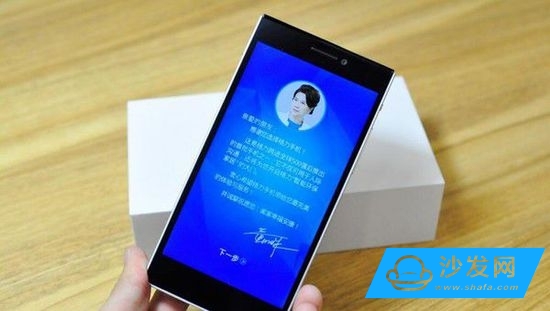
Interestingly, almost all domestic well-known home appliance brands involve the mobile phone industry. As early as more than ten years ago when domestic mobile phones began to take off, TCL, Konka, Hisense, Haier and other home appliance brands have already decisively shot in this wave of Nuggets. Among them, Konka was the most outstanding. In 2003, Konka took the lead in launching the first domestic color-screen mobile phone, followed by the first R&D to produce a camera phone, and the color screen mobile phone sales accounted for 80% of the total sales volume. However, it was not long afterwards. These home appliance makers who once stood in the front line of the mobile phone industry failed to fully realize and effectively solve the problem of lack of core technology. They did not pay enough attention to the open market, and they also made little contribution to brand building. When Samsung and Nokia made their comeback, these brands of Konka did not show enough competitiveness and gradually faded out of the mobile phone market.

The most deadly thing is that when these mobile phone brands fade out of the mobile phone market, it is also the time for smartphones to gradually emerge. It just happened to say "Some things, once you miss it, you can't go back." Look at the current smart phone market, domestic mobile phone brands are almost firmly in the hands of "China Cool", Xiaomi, OPPO, VIVO and other brands. TCL and Hisense are still trying to open the smart phone market, but still have little effect.
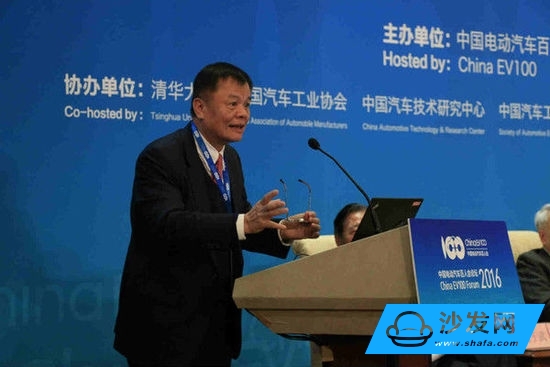
Gree's direct fatality in mobile phones, the outside world generally believe that the main reason is that its mobile phone configuration has not kept up with the market mainstream, completely uncompetitive. Carefully figured out, domestic mobile phone brands do not seem to have successful cases. However, this conclusion may be too early now. In 2004, TCL acquired Alcatel in France. With the help of Alcatel’s strength and branding, Alcatel’s performance in the international market has been evident to all. This also has a great impetus to TCL's own brand of products. In the domestic market, TCL mobile phone brands have gradually gained prominence from more and more consumers. Perhaps, TCL mobile phones will go further...
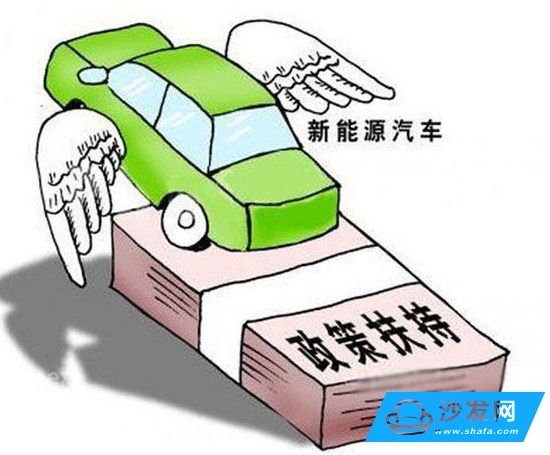
Summary: Home appliances and mobile phones are two different types of products. The properties of the products themselves are completely different. Gree mobile phone is a living example. As the leader in domestic air-conditioning, the best in the manufacturing industry, the final result is eye-popping. The core of home appliance companies is still home appliances. Even if they are involved in the mobile phone industry, they will certainly be limited in their investment. Furthermore, it is unwise to join the smart phone market. The domestic mobile phone market is almost saturated, and the marginalized brand is gradually Being eliminated, the market structure should not change much in the next few years. It's not easy for the home appliance brands to squeeze in smart phones.
Subsidy attractive, home appliance giants to make a car!
Representatives: Gree, Skyworth, LeTV
Recently, Miss Dong headlined again! After "constructing" the mobile phone in 2015, Miss Dong decided to build a car! The netizen lamented that the world is changing too fast. What is a good mobile phone? Not long ago, it was reported that Gree was interested in acquiring Zhuhai Yinlong New Energy Co., Ltd. This move was considered as a sign that Gree began to enter the new energy and new energy automotive industry. The development of the domestic new energy automobile industry is showing a flourishing trend. Gree chose to enter this field at this time and it seems that it intends to take this express train.

Five years ago, Huang Hongsheng, the home appliance giant who founded Skyworth TV empire, suddenly turned his gaze to new energy vehicles. Through the reorganization of Nanjing Jinlong Bus Manufacturing Co., Ltd., from the appliance crocodiles transformed into a car rookie. Accompanied by Huang Hongsheng's move, doubts come and go. In fact, Huang Hongsheng, a “outsider†in the field of new energy vehicles, also suffered. After four consecutive years of high tuition fees, Nanjing Jinlong, headed by Huang Hongsheng, ushered in an explosive growth in 2014. In 2015, it produced 2,796 units of production and nearly 5.5 billion yuan in revenue, ranking second in the industry. Interviewed as if separated by mountains, Huang Hongsheng, who had just entered the auto industry, frankly stated that he has “have experienced very hard struggles†and that it is not easy to go.
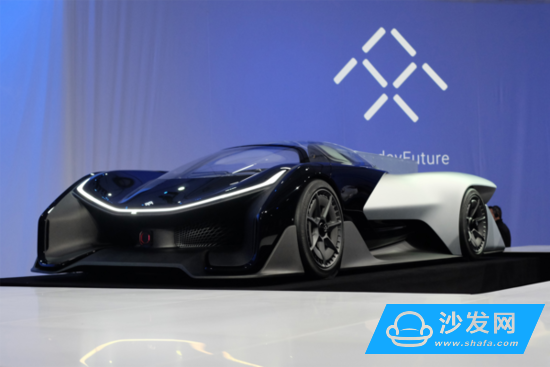
In addition to the good prospects for the development of new energy vehicles, an important reason that allows a large number of household appliances to invest in this is the new energy vehicle subsidy policy. After all, entrepreneurs are people who make money. It is reported that for passenger vehicles such special vehicles, the sale of a new energy vehicle, in addition to state subsidies, can also enjoy almost 1:1 local subsidies, and even provincial and municipal further double subsidies. A pure electric bus, the subsidy can reach up to one million yuan. Take Gree’s acquisition of the standard electric vehicle brand Guangtong Automobile of Zhuhai Yinlong as an example. Its pure electric model is a purely all-purpose bus, among which the models to be declared have reached 7 models, and have been reported as 4 models, if it is in accordance with Yinlong New Energy Automobile. With an annual output of 33,000 vehicles, the subsidy can reach a maximum of 33 billion yuan.
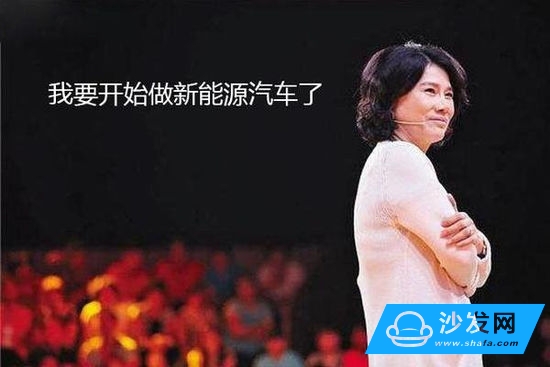
The automotive industry is a highly-invested industry. The hundreds of millions or even billions of yuan invested by home appliance manufacturers is far from enough for the automotive industry. Not to say that it is impossible for home appliance manufacturers to build a car, but the span of home appliances and auto industry is too big. Whether it is a product form or a sales model, it is too little to learn from each other, so this road is almost zero for home appliance manufacturers. Start.
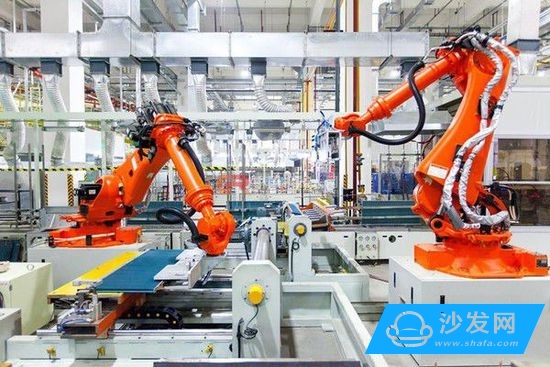
As for LeTV, the situation is somewhat different. At CES 2016, LeTV was a big hit, and LeTV & FF's first Internet electric car, FF Zero 1, became the most dazzling character. Actually, LeTV does not have sudden surprises in the layout of electric cars, and it can be said that there is a more far-reaching strategy. He Yi, the CEO of Levision Vehicle Networking, said, "Learning behind the smart hardware is a strong system and resources support, through intelligent hardware to achieve car networking, eventually Letv hope to become the world's first to achieve six-screen linkage (ie, mobile phones, Pad, The companies in the PC, TV, movie theater, car screen, etc. will be reflected in our car networking products." In other words, LeTV really cares not about electric cars, but insists on building a complete product chain. That is the ecology.

Summary: In recent years, the overall growth of the home appliance industry has been slow, and the performance of many home appliance manufacturers has declined, and it has to seek other diversified development areas. As countries and societies increasingly pay attention to environmental issues, new energy vehicles will surely become the future development trend, not to mention the fact that the country also provides high subsidies. High profits, high subsidies, but also open up new markets, home appliance companies make cars, why not? However, the reality is that the real problem is that inexperienced home appliance manufacturers can enter into the field of new energy vehicles can be described as opportunities and risks coexist, coupled with the traditional car manufacturers also gradually pay attention to the development of new energy vehicles, how can home appliance cross-border Have you ever played it? The road to building a car is destined to be rugged.
Making robots, artificial intelligence is the ultimate goal representative: Haier, Midea, Gree
With the rise of the concept of smart home, almost all household electrical appliances have begun to move closer to intelligence, and even begin to use robots with higher technological content. At 2016AWE, Haier, Midea, and Gree all exhibited their robots at the same time, because everyone's development direction is "smart products + intelligent manufacturing," and it is not difficult to understand the point of entry into the field of robotics. For robots, people are more interested in how smart it is. From the recent fiery Alpha dog, people's aspirations and curiosity about artificial intelligence have been ingrained in the earlier Terminator movies.

Haier has already implemented the "black light factory", using iMES full order execution management system, equipped with more than 200 RFID, more than 4300 sensors, more than 60 device controllers, which can realize the interconnection of equipment and equipment, equipment and material interconnection, and equipment Interconnected with people. Gree chairman Dong Mingzhu said: "The future development of Gree is robot production, using automation equipment to produce automation equipment."
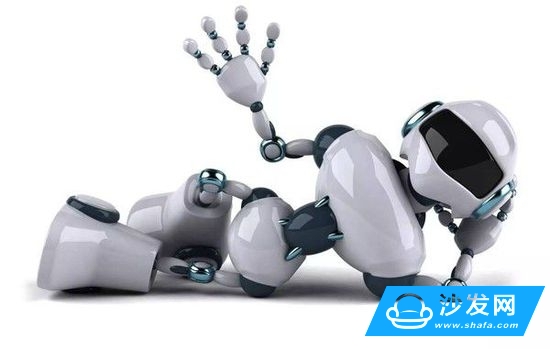
At present, although home appliance manufacturers such as Haier and Midea have all gone deep into the robotics industry, they still remain at the level of smart manufacturing and are still far from artificial intelligence. Artificial intelligence has become a new arena for a new round of scientific and technological revolutions and industrial changes, and is an important breakthrough in seizing the opportunities for future development. In addition, the challenges and future of artificial intelligence are also the focus of this dialogue at the Frontier Science and New Technology Forum. More experts at the meeting boldly predicted that the IT industry will usher in the spring of artificial intelligence. Traditional artificial intelligence is to make symbolic reasoning from the brain parts, to transition to the function with limbs and add data of all things connected. Today, artificial intelligence has been extended to cognitive systems, including many perceptions, memories, learning, and emotions. At present, the biggest challenge for artificial intelligence is the ultimate realization of cognitive systems.

The robot industry and home appliance industry have almost the same service concept
Artificial intelligence and the home appliance industry are closely linked, and artificial intelligence is expected to become a strategic core force to promote the continuous upgrading of the home appliance industry. At present, all home appliance companies are promoting the intelligent transformation of existing manufacturing equipment, and the implantation of artificial intelligence will undoubtedly inject fresh blood into current home appliance intelligent manufacturing. The combination of artificial intelligence and the home appliance industry will certainly add luster to the development of the home appliance industry. Giants such as Haier, Midea, and Changhong, in addition to their efforts in smart home appliances, have also targeted robot manufacturing as an emerging manufacturing method. Even home appliance brands are involved in the field of smart devices and intelligent robots. This has led to the home appliance industry. Greater development has played a positive role.
Summary: Robot or artificial intelligence and home appliance industry can be said to be a perfect match. At present, most robots in the world are still dominated by home service robots. Robots and even artificial intelligence that will emerge in the future are not just demonstrations of scientific and technological achievements. The main purpose is to serve humanity, which coincides with the concept of home appliances. Compared with the automotive industry, many home appliance manufacturers gradually join the robot industry this move is more practical.
Summary: In fact, no matter how the home appliance manufacturers play cross-border, their core business is still home appliances, who will not stupid to abandon the original to bet on an unknown future, the more successful companies can afford to lose. From smart phones, new energy vehicles and robotics industries, it can be found that the cross-border sectors selected by home appliance manufacturers are currently the hottest or most promising industries. The overall development of the household appliance industry encountered a bottleneck period, and the income of home appliance giants declined, forcing them to make new choices. If we can take the lead in emerging industries, there will be new impetus for corporate development.
Triconex is both the name of a Schneider Electric brand that supplies products, systems and services for safety, critical control and turbomachinery applications and the name of its hardware devices that utilize its TriStation application software. Triconex products are based on patented Triple modular redundancy (TMR) industrial safety-shutdown technology. Today, Triconex TMR products operate globally in more than 11,500 installations, making Triconex the largest TMR supplier in the world.
Company History: The history of Triconex was published in a book called 'The History of a Safer World' by Gary L. Wilkinson. The company was founded in September, 1983 by Jon Wimer in Santa Ana, California and began operations in March, 1984. The business plan was written by Wimer and Peter Pitsker, an automation industry veteran and Stanford graduate. They presented the plan for a TMR (Triple Modular Redundant) based system that would improve the safety and reliability in industrial applications. Among the customers they targeted were the petro-chemical giants, such as Exxon, Shell, Chevron, and BP.
Pitsker and Wimer presented the business plan to Los Angeles based investor Chuck Cole, who was also a professor at USC. Cole was interested, so he contacted his personal attorney, future two-time Los Angeles Mayor Richard Riordan. Riordan agreed to invest $50,000 and Cole's venture capital team matched it, providing the seed money for Triconex. After two years, however, the company nearly failed due to the expense and complications of testing a new safety system. In February, 1986, founder Wimer left the company and the board asked a seasoned executive, William K. Barkovitz to become CEO. Barkovitz ended up leading the company for 9 years. At the end of his term, Triconex became the leading safety system in a market it largely created, made acquisitions, and completed an IPO. In January, 1994, Triconex was acquired by British based SIEBE for 90 million dollars.
The hardware architect of the Tricon was Gary Hufton, the Software development manager was Glen Alleman. These managers, with Wing Toy (the lead engineering of the fault tolerant ESS telephone switch), led a small successful engineering team that built the first Tricon, sold in June, 1986. Soon after, Exxon became a customer and automation giant Honeywell agreed to distribute the Tricon. Among the software engineers who worked for Triconex were Phil Huber and Dennis Morin, who later left the company to found Wonderware, also based in Irvine California which became the world's leading supplier of Human Machine Interface (HMI).
Triconex Invensys Cards: Redundant fault-tolerant control system, the most modern fault-tolerant controller based on triple-module redundancy (TMR) architecture.
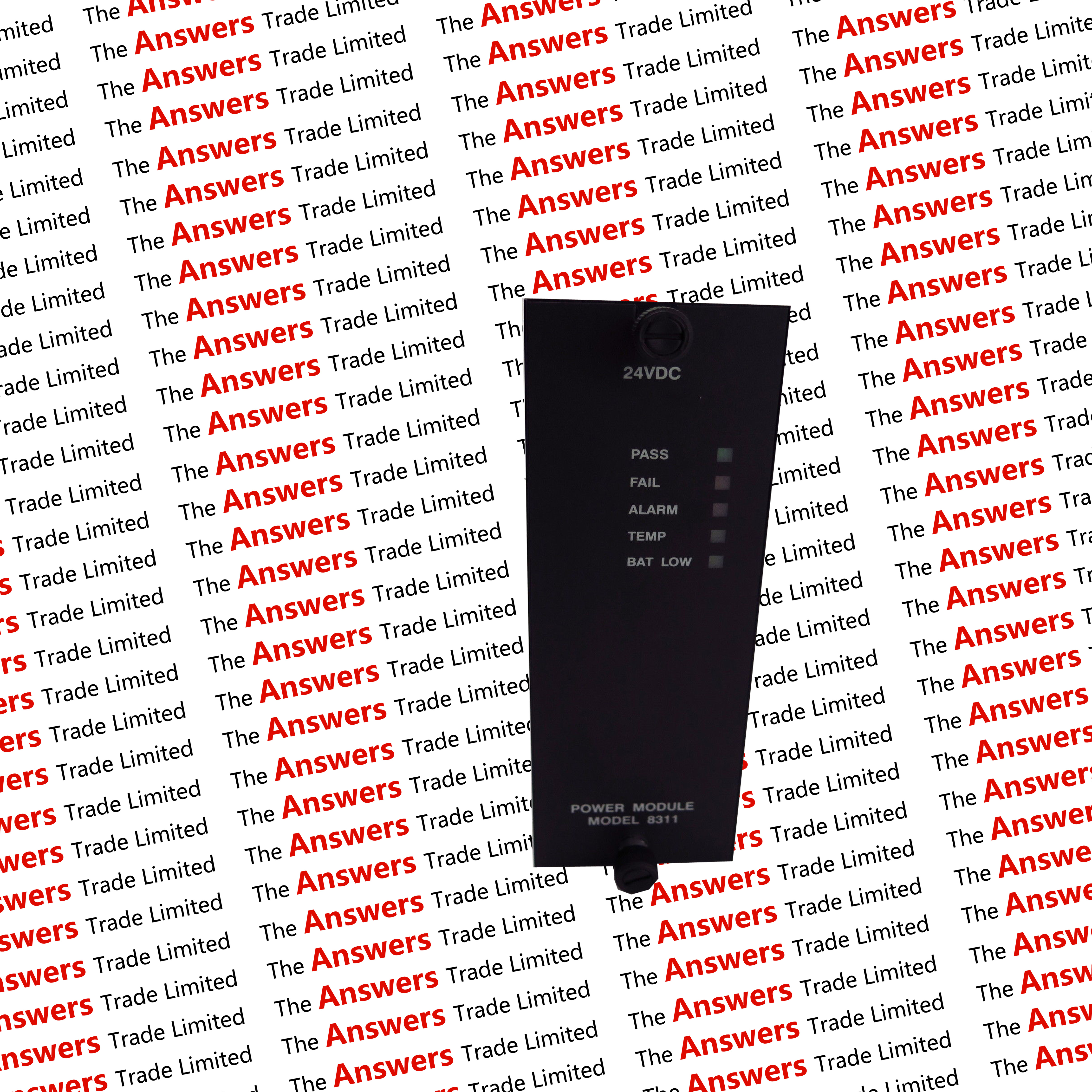
Triconex Invensys Cards,Analog Input Module
Xiamen The Anaswers Trade Co,.LTD , https://www.answersplc.com